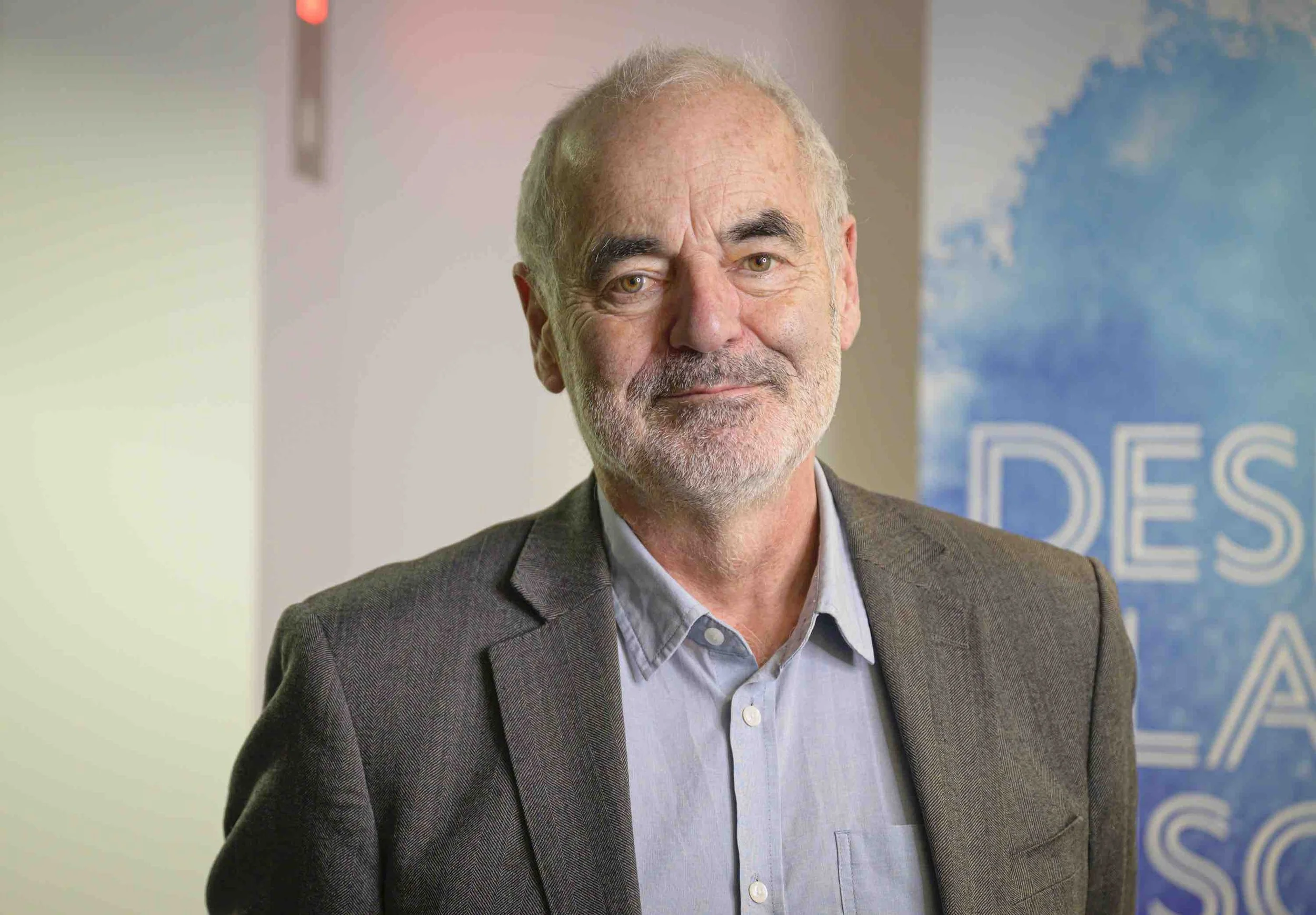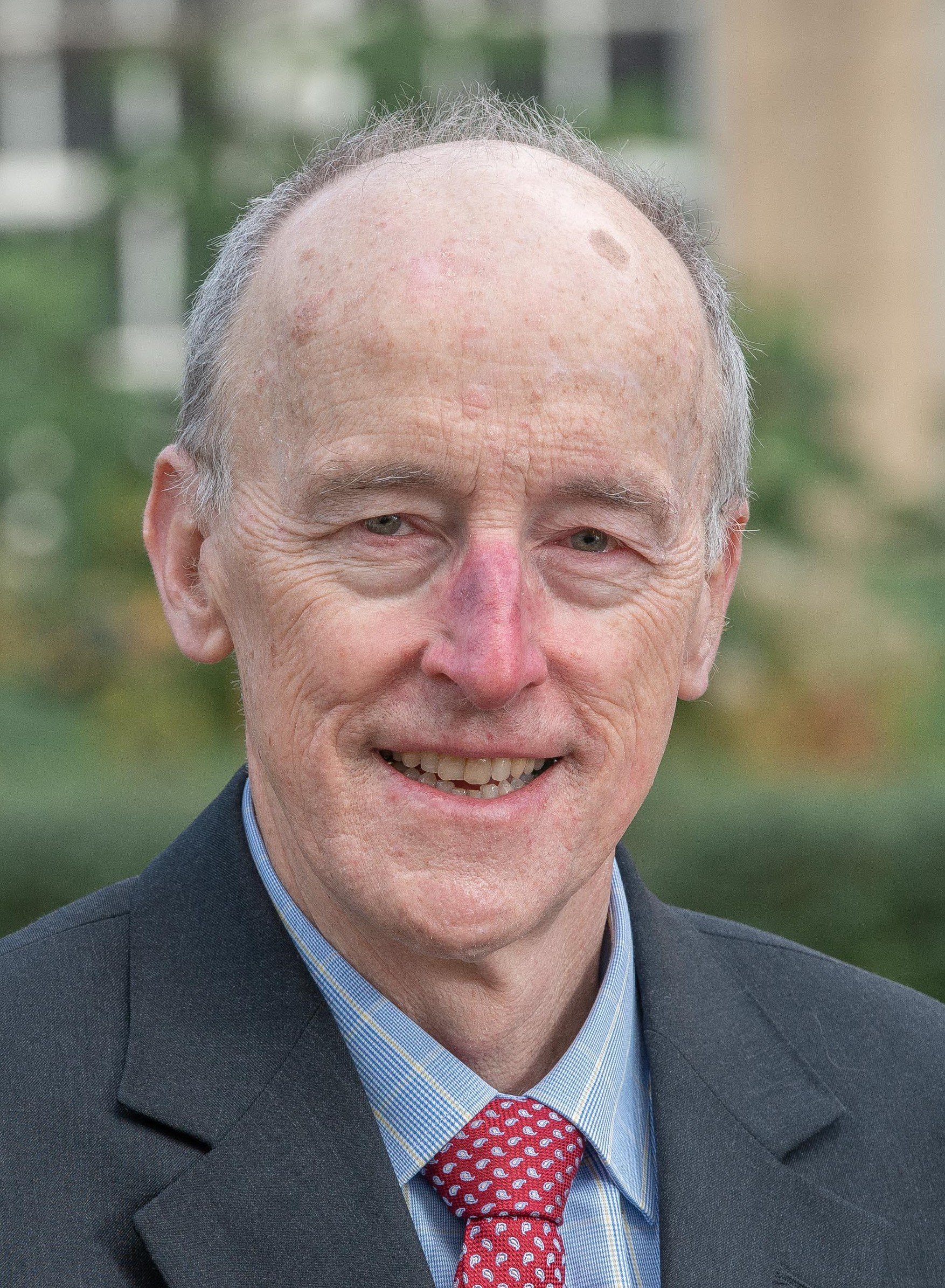
OZCOTS keynote speakers
ASC and OZCOTS 2023, 10-15 December 2023
Attendees of OZCOTS can look forward to an amazing program. The following key-note speakers have been confirmed (with more to be added over the coming months - please check back from time to time):
-
Professor Sir David Spiegelhalter FRS OBE is Chair of the Winton Centre for Risk and Evidence Communication in the Centre for Mathematical Sciences at the University of Cambridge, which aims to improve the way that statistical evidence is used by health professionals, patients, lawyers and judges, media and policy-makers. He has been very busy over the Covid crisis. He presented the BBC4 documentaries “Tails you Win: the Science of Chance”, the award-winning “Climate Change by Numbers”. His bestselling book, The Art of Statistics, was published in March 2019, and Covid by Numbers came out in September 2021. His career highlights include appearing on Desert Island Discs in 2022, and in 2011 coming 7th in an episode of BBC1’s Winter Wipeout.
He was knighted in 2014 for services to medical statistics, was President of the Royal Statistical Society (2017-2018), and became a Non-Executive Director of the UK Statistics Authority in 2020. He is @d_spiegel on Twitter.
Title: "Trustworthy communication of data-derived evidence: what it is, and how we can get more of it"
Abstract: The recent pandemic has emphasised the key role played by evidence based on data. But how do we decide whether to trust all the claims that are made? Are the numbers being used to manipulate us? Using a wide range of examples, I will look at the way that statistics can be used to try and persuade audiences to think or act in a certain way, and contrast this with efforts to make communication 'trustworthy', by presenting balanced information that seeks to inform rather than persuade. Trustworthy communication should also acknowledge uncertainty and limitations in the quality of the underlying evidence (something sadly missing from ChatGPT).
But if authorities admit their uncertainties and present both the potential benefits and harms of innovations, won’t people distrust them? The opposite appears to be the case, and I will discuss results from randomised trials by my colleagues that suggest that current one-sided information actively decreases trust in those sceptical of the innovation who, ironically, are the very people whose trust is being sought.
I will finish by showing some examples of trying to do things properly, in particular relating to the benefits and harms of the AstraZeneca Covid vaccine, and list the questions that anyone should ask whenever you are presented with claims that are based on numbers.
-
Director, Statistical Consulting Centre, University of Melbourne.
“I don’t care about the data …” (said a statistician)
Abstract:
Have you ever heard a statistician say this? I have. Why might this be said, and what should be the disposition of a statistical educator to this attitude?
This presentation will explore the many dimensions of “caring about the data”, including: thinking broadly about context, design and research questions; data quality and integrity; representing data well; the coherence of data, models and inferences; data ethics, and ways to encourage student understanding and experience of these issues. I will provide examples from my own experience as a statistician and statistical educator.


